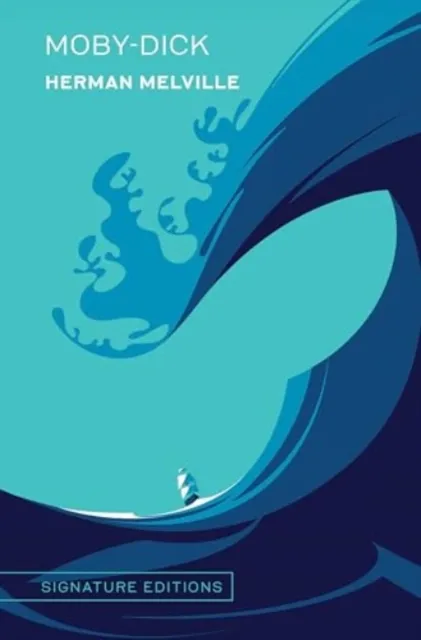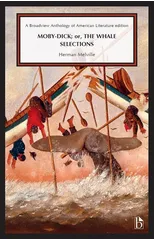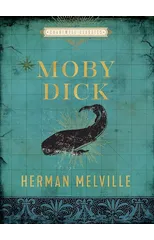By turns travelogue, satire, allegory and philosophical speculation, Mardi is Melville's first attempt at a more ambitious form of novel. The immediate precursor to his masterpiece, Moby Dick, it was a commercial and critical disaster for the author. It followed two straightforward adventure tales, Typee and Omoo, which were highly popular, and mid-19th century readers expected another. Although Mardi appears to start on that familiar sunny voyage, the island world it explores ("Mardi") soon darkens and becomes problematical. This novel is now recognized as being far ahead of its time, and as an essential development in Melville's canon.
Herman Melville
Herman Melville (1819-1891) was an American novelist, poet, and short story writer best known for his novel "Moby-Dick," a complex and symbolic work that explores themes of obsession, fate, and the struggle between good and evil. Melville's writing style is characterized by its rich symbolism, philosophical depth, and exploration of existential themes. His other notable works include "Typee," "Billy Budd," and "Bartleby, the Scrivener." Melville's contributions to literature have had a lasting impact on the development of American literature, particularly in the genre of the novel.




